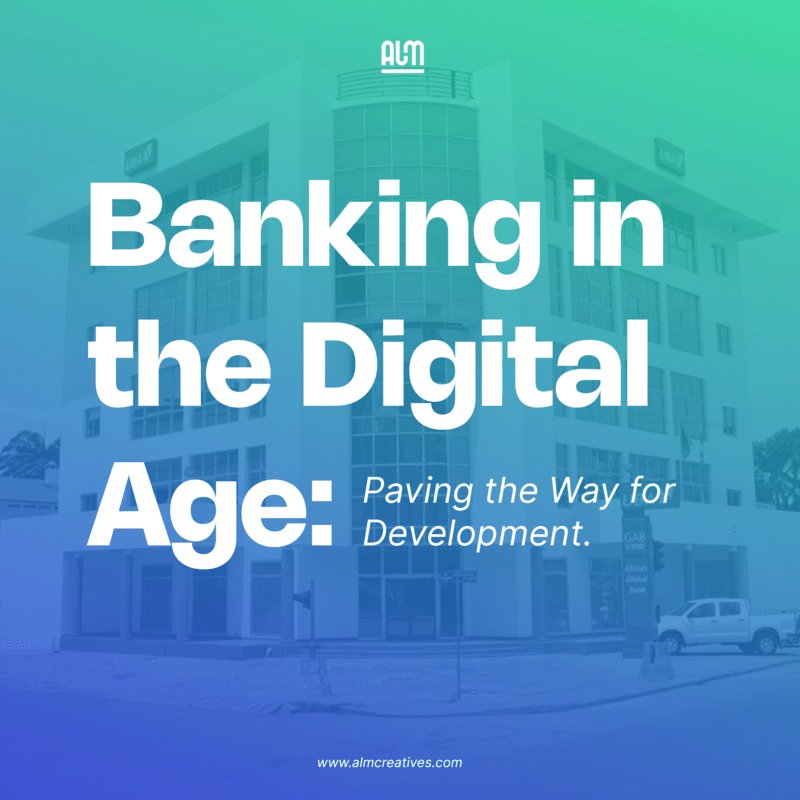Search
Banking in the Digital Age: Paving the Way for Development
Business and advices
In today's era of smartphones, online shopping, and contactless payments, traditional methods of conducting banking business are quickly becoming obsolete.
The rise of digital banking is a direct response to changing consumer expectations and the demand for more convenient, faster, and safer financial services.
According to a report by McKinsey, there is a growing trend among customers to increasingly utilize digital channels for their banking operations.
The growth of the internet, mobile technology, and digitalization have presented banks with new opportunities and challenges. These advancements have enabled banks to efficiently reach out to customers in innovative and cost-effective ways.
However, the banking industry now faces the task of meeting the expectations and preferences of younger consumers, who have come to view digital banking services as essential and expect banks to provide them as standard.
A study conducted by PWC on the attitudes of younger consumers toward digital banking offers valuable insights. According to the survey, younger consumers not only expect fast and user-friendly digital banking services but also value personalized and proactive engagement with their financial institutions.
The implications of this shift towards digital banking are profound for economic development, particularly in emerging markets.
Financial inclusion remains a significant challenge for many developing countries, with the Gates Foundation, reporting that only 63% of adults in low and middle-income countries have access to formal financial services.
Limited access to banking services hampers economic growth by restricting people's ability to save, invest, and access credit.
Digital banking on the other hand presents an opportunity to bridge this gap by providing affordable and accessible banking services. Individuals in remote and rural areas can easily access banking services without the need to travel to a physical branch.
Furthermore, digital banking platforms offer a means for financial education, empowering people with knowledge about saving, investing, and managing debt.
It is a lifeline for small and medium-sized enterprises (SMEs), which form the backbone of many economies, particularly in developing countries. These businesses often face challenges in accessing funding and financial services, impeding their growth and productivity. Digital banking platforms enable SMEs to access financial services, such as loans and overdrafts, with greater ease and at lower costs.
The potential of digital banking to revolutionize the way we bank is evident, and it also holds the power to transform economies. It has already facilitated financial inclusion, creating opportunities for individuals who previously lacked access to banking services. It has also provided a platform for businesses to thrive, thereby increasing productivity and driving economic growth.
The rise of digital banking is unstoppable, and it is our collective responsibility to ensure that everyone can benefit from its advantages. We must work together to eliminate barriers to digital banking and establish a more inclusive financial system that supports the development of our economies. In doing so, we will unlock the potential of millions of people, enabling them to build better lives for themselves and their families.
It is crucial for banks to continue meeting the expectations and preferences of younger consumers while offering socially responsible banking options that enhance both financial and social growth. By integrating digital banking and social responsibility, banks can achieve their business goals while making a positive impact on society.
Digital banking, if implemented correctly, plays a vital role in modernizing banking services and offers a promising future for our social welfare in a world that embraces sustainable living and economic responsibility.




